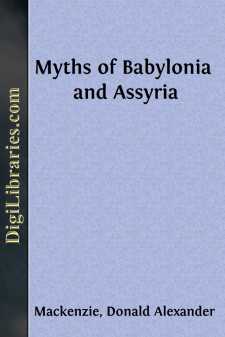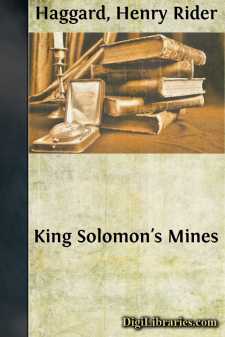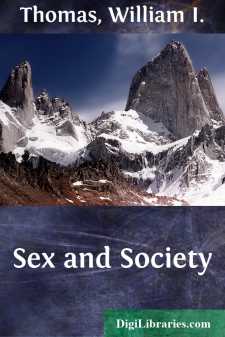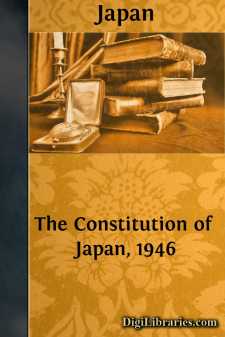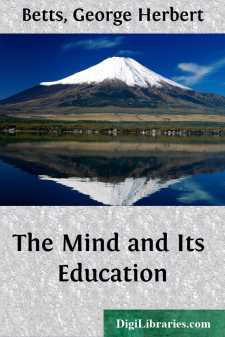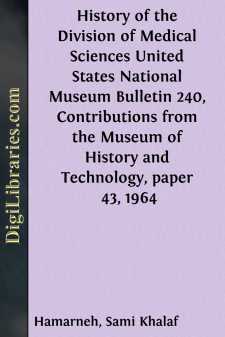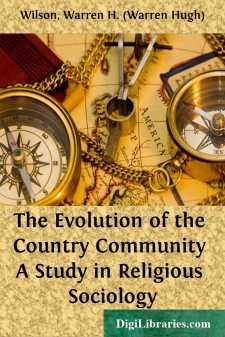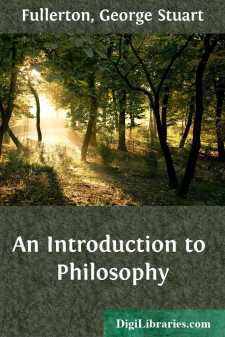Categories
- Antiques & Collectibles 13
- Architecture 36
- Art 48
- Bibles 22
- Biography & Autobiography 813
- Body, Mind & Spirit 142
- Business & Economics 28
- Children's Books 17
- Children's Fiction 14
- Computers 4
- Cooking 94
- Crafts & Hobbies 4
- Drama 346
- Education 46
- Family & Relationships 57
- Fiction 11829
- Games 19
- Gardening 17
- Health & Fitness 34
- History 1377
- House & Home 1
- Humor 147
- Juvenile Fiction 1873
- Juvenile Nonfiction 202
- Language Arts & Disciplines 88
- Law 16
- Literary Collections 686
- Literary Criticism 179
- Mathematics 13
- Medical 41
- Music 40
- Nature 179
- Non-Classifiable 1768
- Performing Arts 7
- Periodicals 1453
- Philosophy 64
- Photography 2
- Poetry 896
- Political Science 203
- Psychology 42
- Reference 154
- Religion 513
- Science 126
- Self-Help 84
- Social Science 81
- Sports & Recreation 34
- Study Aids 3
- Technology & Engineering 59
- Transportation 23
- Travel 463
- True Crime 29
Myths of Babylonia and Assyria
Categories:
Description:
Excerpt
Introduction
Ancient Babylonia has made stronger appeal to the imagination of Christendom than even Ancient Egypt, because of its association with the captivity of the Hebrews, whose sorrows are enshrined in the familiar psalm:
In sacred literature proud Babylon became the city of the anti-Christ, the symbol of wickedness and cruelty and human vanity. Early Christians who suffered persecution compared their worldly state to that of the oppressed and disconsolate Hebrews, and, like them, they sighed for Jerusalem--the new Jerusalem. When St. John the Divine had visions of the ultimate triumph of Christianity, he referred to its enemies--the unbelievers and persecutors--as the citizens of the earthly Babylon, the doom of which he pronounced in stately and memorable phrases:
"At the noise of the taking of Babylon", cried Jeremiah, referring to the original Babylon, "the earth is moved, and the cry is heard among the nations.... It shall be no more inhabited forever; neither shall it be dwelt in from generation to generation." The Christian Saint rendered more profound the brooding silence of the desolated city of his vision by voicing memories of its beauty and gaiety and bustling trade:
So for nearly two thousand years has the haunting memory of the once-powerful city pervaded Christian literature, while its broken walls and ruined temples and palaces lay buried deep in desert sand. The history of the ancient land of which it was the capital survived in but meagre and fragmentary form, mingled with accumulated myths and legends. A slim volume contained all that could be derived from references in the Old Testament and the compilations of classical writers.
It is only within the past half-century that the wonderful story of early Eastern civilization has been gradually pieced together by excavators and linguists, who have thrust open the door of the past and probed the hidden secrets of long ages. We now know more about "the land of Babel" than did not only the Greeks and Romans, but even the Hebrew writers who foretold its destruction....


